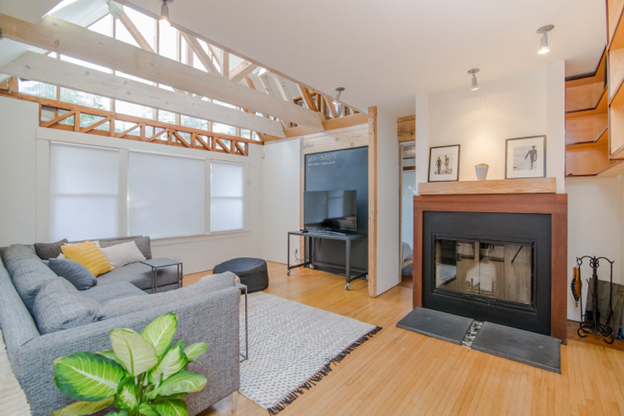Authored by: Jayde Bevin
In August 2021, US Senate Democrats outlined a proposal that aims to expand Medicare benefits under a $3.5 trillion budget plan. This move aims to expand benefits — which has lagged for 60 years — by adding vision, hearing, and dental benefits. In comparison, Medicare Advantage (MA) or Part C plans already offer these supplemental benefits; in fact, they’re almost universally available, driven by the competition among MA insurers. While MA plans are popular private insurance alternatives to traditional Medicare, many people still wonder whether or not these plans are worth it.
Medicare Advantage is typically offered to people aged 65 years and older, disabled adults, and patients with end-stage renal disease or amyotrophic lateral sclerosis. Rather than add to other Medicare parts, Medicare Advantage replaces them. Insurers are required to provide all benefits of Part A and Part B, and most plans include Part D as well. In short, MA plans cover a lot of benefits that Medicare doesn’t, without the additional payments. However, you would also have to manage different provider networks, coverage rules, premiums, and cost-sharing for covered services. Here are some things to consider when deciding on Medicare Advantage:
Which medical services are included?
Medicare Advantage includes the same Part A hospital and Part B medical coverage that the Original Medicare plans provide. Services include hospitalizations, doctor visits, diagnostic tests, blood work, and outpatient surgery; MA plans cover all these except hospice care. MA plans also cover hearing, vision, and dental costs, but many plans cap annual dollar coverage at levels that may not protect enrollees who need more expensive procedures. Reuters columnist Mark Miller notes that seniors often face high out-of-pocket costs for pricier dental procedures like implants.
In general, MA plans allow comprehensive healthcare coverage and protection in case of unexpected illnesses or injury. The plan offers emergency and urgent care coverage throughout the US, which means you’ll be covered nationwide. They also have additional services like fitness programs, caregiver counseling and training, and in-home support, although service availability varies by plan. Recently, the federal government is also adding services that these plans can offer, including meal delivery, transportation to doctors’ offices, and home improvements such as building wheelchair ramps.
Is there mental health coverage?
Mental health refers to our emotional, psychological, and social well-being, which are factors that play a part in our overall health. Seniors need mental health support because they undergo significant life changes like loss or illness, and these may lead to depression, anxiety, substance abuse, or other disorders. This is why health resource SymptomFind advises individuals to consult with a professional on how to manage mental health symptoms.
Many elderly patients don’t have access to any information for managing their experiences, so a care provider is needed to create a disorder-specific treatment plan. Fortunately, MA plans do cover mental health care, including counseling or therapy. Most patients have to pay a copay of around $20 to $40 to see an in-network provider. Deductibles may apply, and the MA plan will cover the rest of the contracted in-network cost.
Does it cover prescription drugs?
Most Medicare Advantage plans do offer prescription drug coverage, much like Medicare Part D. However, if you find that your plan doesn’t include medication coverage, you can still enroll in a stand-alone Part D plan. Some MA plans even offer to cover non-prescription (over-the-counter) medication.
It’s not easy to treat chronic conditions, especially if you’re older. As much as possible, fill all prescriptions at the same pharmacy to streamline refills and establish a healthy relationship with your pharmacist.
Medicare Advantage may be worth it for those with specialized healthcare needs that may cost a lot. While it’s not always a necessity, it’s a great safety net to have especially as you age.
For more tips on elderly care, read the rest of the articles on the AZNHA Blog.











